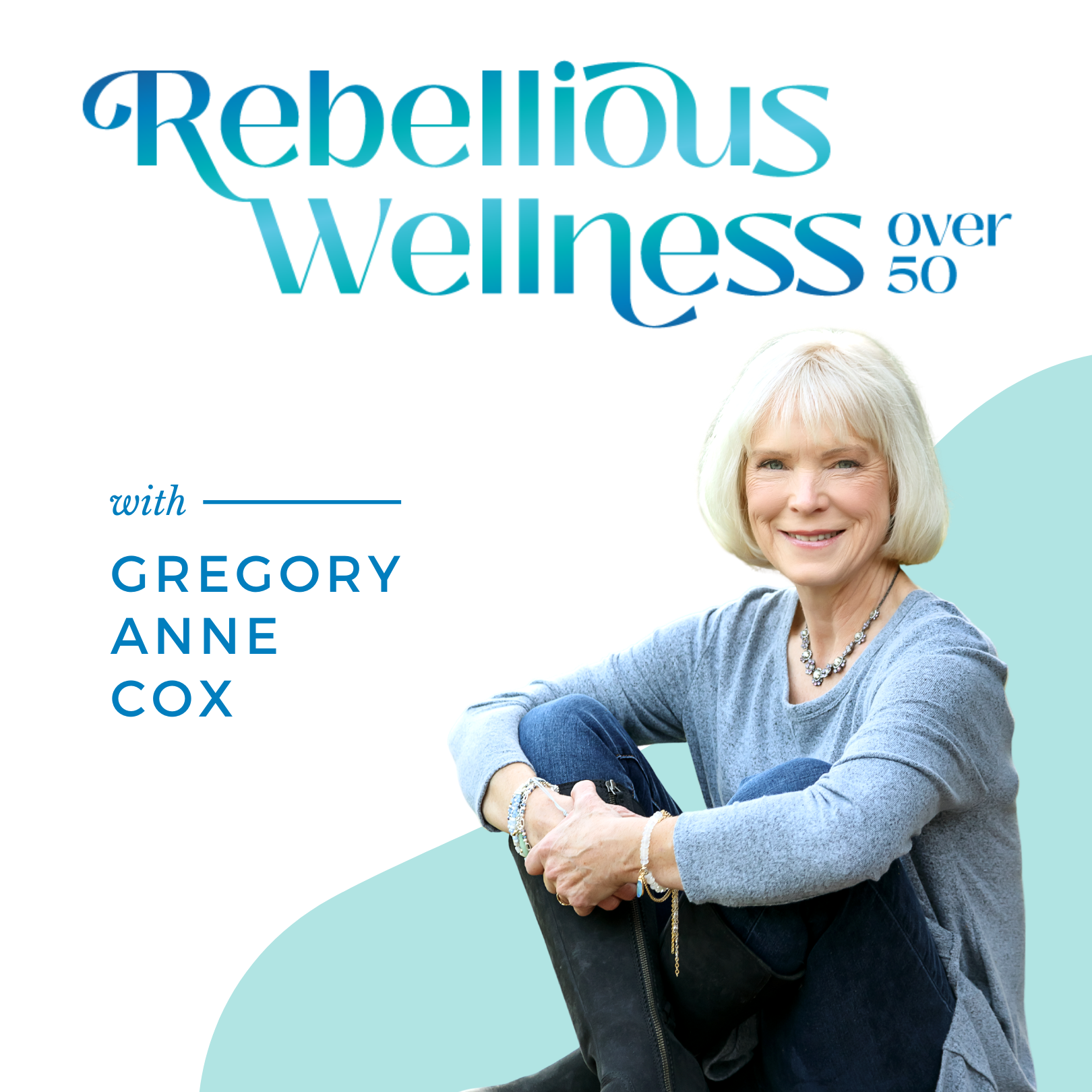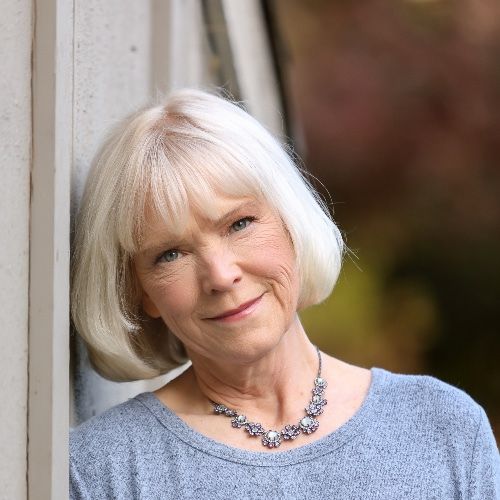Episode 37
Disaster Readiness Means Resilience When it Counts
When my guest, Katie Belfie, was three years old, she pestered her mother for weeks until she finally gave in and bought all the family members fire escape ladders for their rooms. Evacuation plans followed, and this emergency preparedness expert wouldn’t be lying if she said she’d been doing this all of her life.
Obvs this interest in being prepared for emergencies guided her career choices. In 2012, Katie gave up her private-sector gig as a commercial litigator and joined the Federal Emergency Management Agency (FEMA) as an attorney. Two weeks into the job, Hurricane Sandy hit New York and, Katie says, “confirmed for me that I had found my calling in emergency management.”
Why a conversation about preparing for emergencies and disasters?
It’s not exactly the stuff of healthy aging.
Oh, but it is!
This conversation will not only help you assess what disaster means to you and what kinds of emergencies (outside of unpredictable natural disasters) you realize could use some preparing for.
“Just thinking about [00:04:00] preparedness is a way of investing in yourself. Being prepared neurologically actually creates a sense of wellbeing in that difficult situation.”
And you don't have to live in flood zones, hurricane allies, or the path of forest fires to consider what Katie shares in our conversation.
The first step in cultivating this type of readiness is really doing that self-inquiry.
When Katie asks people “why don't you prepare for disasters?” Their answers run from, “it gives me anxiety” to “I don't want to think about it.”
And the interesting thing is that...
if we can confront that initial anxiety and that initial stressor, it's going to pay off dividends for our stress response down the road.
Thinking through an emergency situation and allowing ourselves to almost embody it reduces that feeling of uncertainty around our own safety. And we give our brains a memory of us being able to handle that difficult situation.[00:06:00]
And resilience is what it’s all about. Planning ahead means you will likely come through what life throws at you in better shape than having not planned.
We don't all come to this road to resilience at the same rate. It could take a long time to get our aging parents, at-risk sibs or friends—heck even ourselves-- to discuss how they/we want to be helped and make a plan, but at least start the discussion.
If you want to take a comprehensive dive into how ready or not you are and have some Ahas along the way, take Katie’s "Ready or Not" assessment.
“What this assessment is intended to do is essentially help you establish your starting point.”
“You can't figure out where you need to go on your road to resilience, unless you understand where you're at today. And for a lot of people I'm asking questions that they've never asked themselves, even though they think they're in a place of pretty solid preparedness.”
I asked, “What's in your go-bag Katie?”
“So much stuff.” (Don’t feel judged people, she’s a professional.)
“So, a headlamp, reflectors, whistle. I have, a sort of thermal blanket, batteries. The one other thing that's in there is emergency cash. (Because ATMs won’t always work) highly concentrated caloric bars and a few packs of emergency water. And one of my favorite things for go bag is a LifeStraw. It's a portable water filter.” And that’s just half of what’s there. Listen in to get the rest 00:17:00
And I really don't want people to think that they need to have everything in order to be prepared. Having something is far better than nothing.
Find Katie here:
To download her e-book, hang out on her home page for a few secs and a pop up will invite you.
Click that link to see and download her super smart infographic tools to help you get prepared. Including her S.I.M.P.L.E. acronym spelled out. It’s a short but easy way to hit all the most important things to consider when planning.
Individuals, corporations, and colleges can all work with Katie. Learn more here.
PS Katie says we don’t have to try to be prepared for every conceivable disaster. Start with what’s most important in your life to protect. The peace of mind both now and if you ever need to execute your plan is priceless.

